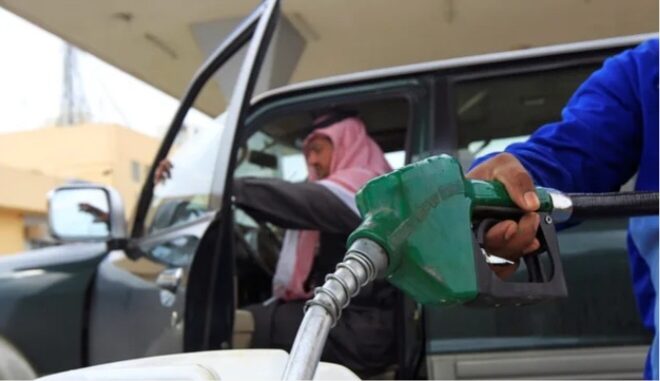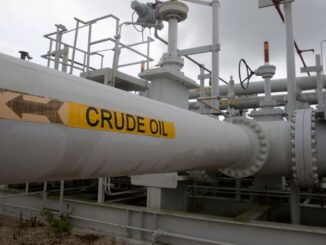
Saudi Arabia has the highest fuel subsidies in the G20, with the government spending some $7,000 per person on state support for fuel prices. That’s equal to 27% of economic output, reports say.
The data comes from the International Monetary Fund, which reported recently that global subsidies for oil and gas had reached a record $7 trillion in 2022.
The bulk of that sum, however, was not, in fact, government financial support for fuels but rather what the IMF calls implicit subsidies and defines as the environmental damage done by the use of oil and gas.
ALSO READ: Egypt announces new oil discovery in Gulf of Suez
The fund said consumers of oil and gas had a bill worth $5 trillion for last year in that sort of damages.
Saudi Arabia’s subsidies for fuels, as calculated by the IMF, are also more of the implicit than the explicit sort. The explicit subsidies were raised in 2021 to help cushion the inflation blow and stayed high through 2022 when oil surged to over $100 per barrel. In that year, most countries deployed subsidies of some sort to help keep energy costs manageable.
The IMF has been pushing Saudi Arabia to start winding down the fuel subsidies and help vulnerable households with what it calls targeted spending. The ambition is to phase out the subsidies by 2030.
Looking at the rest of the G20, while Saudi Arabia is the biggest spender on a per-capita basis, in absolute terms China is in the lead. The country spent $2.2 trillion on fuel subsidies last year, again, the bulk of that sum not representing actual government spending on making fuel cheaper.
“Fossil fuels in most countries are priced incorrectly,” the authors of the IMF report wrote. “Unfortunately, current prices are routinely set at levels that do not adequately reflect environmental damages and, in some cases, not even supply costs.”




